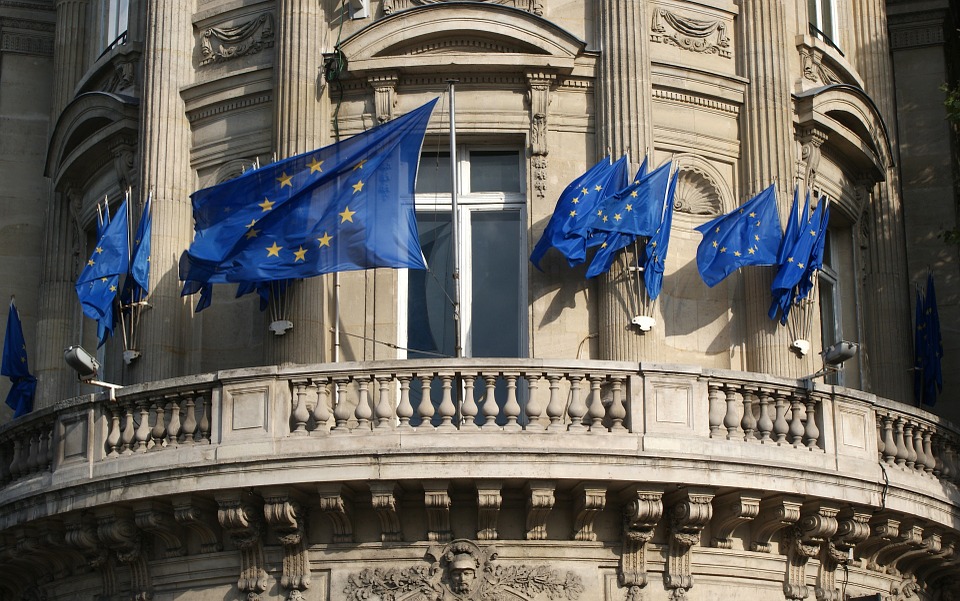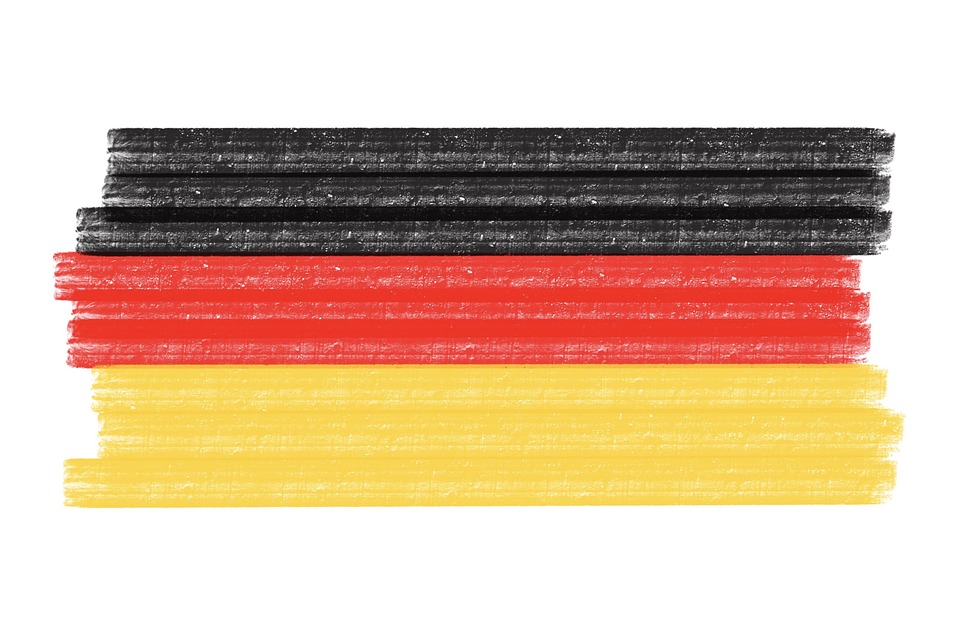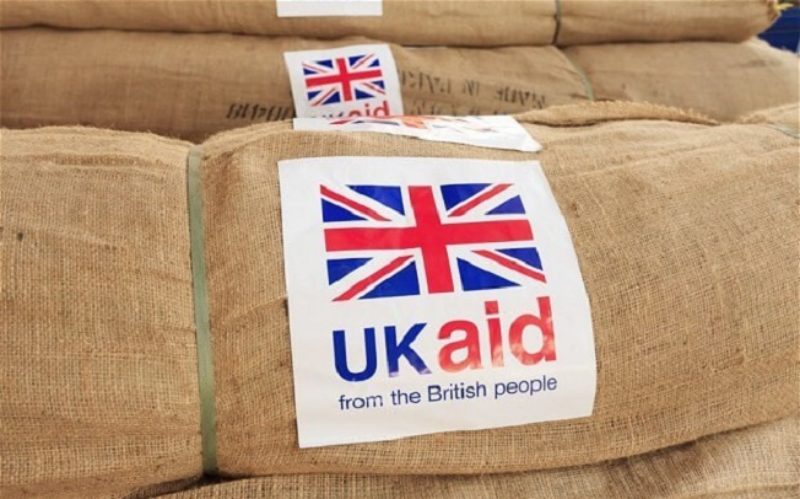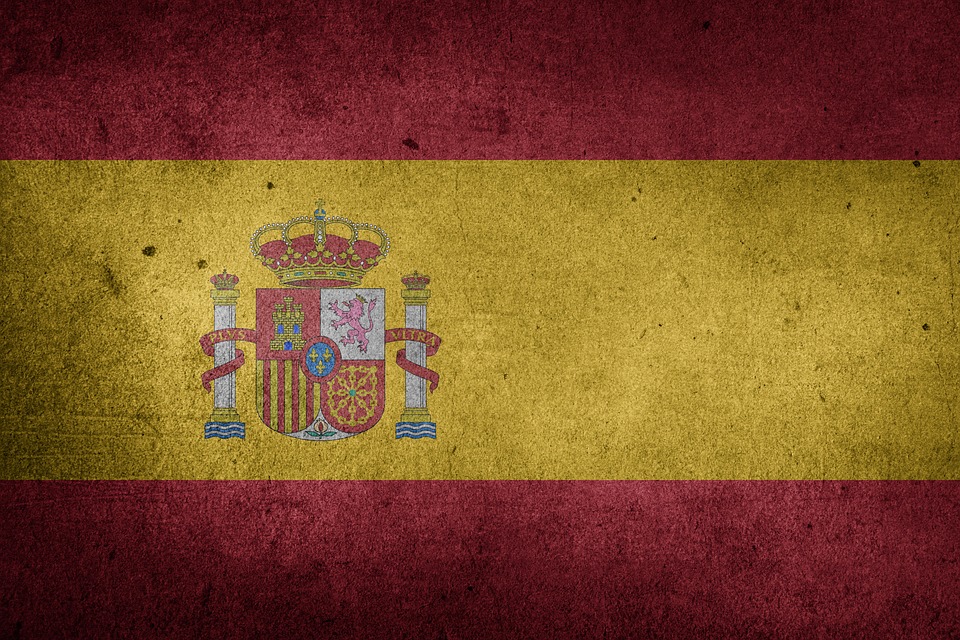Author: Zeng Lu
In 2021, the EU approved the 2022 development cooperation budget, France promulgated a new development cooperation bill, the new German government continued the development cooperation line, the United Kingdom significantly cut its aid budget, and Spain proposed a new development law.
Total words2474About6minutes
EU approves 2022 official development assistance budget

In November 2021, the EU adopted the 2022 budget. The Neighborhood, Development and International Cooperation Instrument (NDICI) was approved for €12.7 billion (approximately US$14.7 billion), an increase of 5% compared with 2021. NDICI is the EU's main development cooperation instrument.
In 2020, the EU merged ten external financing instruments including the European Development Fund into NDICI for international development cooperation, crisis response and peace building. NDICI has a budget cap of €79.46 billion (approximately US$91.97 billion) from 2021 to 2027 to support international commitments and goals such as multilateralism, the 2030 Sustainable Development Goals and the Paris Agreement. NDCI supports three major projects: geographical cooperation, special cooperation and rapid response. Among them, geographical cooperation projects account for 73% of the total budget of NDCI, supporting key regions such as neighboring countries, sub-Saharan Africa, Asia-Pacific, the Americas and the Caribbean, as well as good governance, inclusive growth, climate and environment, poverty reduction, elimination of inequality, and conflict prevention and human development and other key areas. Special cooperation projects account for 8.2% of the total budget of NDCI and support global actions related to the Sustainable Development Goals such as stability and peace, health, education and training, civil society, women and children, social protection, culture, migration and climate change. Rapid response operations support crisis emergency management, conflict prevention, and peace-building rapid response and recovery. In addition, NDICI will use 190 million euros (approximately US$220 million) to support the global response to the new crown epidemic.
In 2020, EU institutions provided a total of US$19.4 billion in official development assistance (ODA), an increase of 25.4% compared with 2019. Among them, US$9.1 billion is used to support the new crown epidemic. EU institutions and the governments of the 27 EU member states provided a total of US$76.1 billion in official development assistance, accounting for 0.5% of the EU's gross national income (GNI). EU institutions and their member states have committed to jointly achieve the goal of official development assistance accounting for 0.7% of gross national income by 2030.
France promulgates new development cooperation bill to expand foreign aid

In August 2021, France promulgated a new development cooperation bill, the Solidarity Development Law. The "Solidarity and Development Law" sets the eradication of poverty and the protection of global public goods as the focus of France's development cooperation policy, and stipulates that 0.7% of gross national income will be used for official development assistance by 2025. The main contents of the new bill include:
Significantly expand the scale of foreign aid. The "Solidarity and Development Law" stipulates that France's official development assistance will "strive to reach 0.7% of gross national income in 2025." This is the first time that France has set a clear date for its official development assistance to reach the 0.7% target. According to the Solidarity and Development Law, France's official development assistance will increase from 12.4 billion euros (about 14.4 billion U.S. dollars) in 2020 to 16.4 billion euros (about 19 billion U.S. dollars) by 2025, an increase of more than 30%.
Focus on foreign aid priorities. The Solidarity and Development Act refocuses France’s three strategic priorities on official development assistance. One is to eliminate poverty, malnutrition and global inequality and promote education and health. The second is to promote human rights, rule of law and democracy in French-speaking countries. The third is to protect global public goods. The Solidarity and Development Act reaffirms that France's official development assistance will be used in Africa and the Mediterranean.
Promote gender equality and social organization participation. The "Solidarity and Development Law" will promote gender equality as a cross-cutting goal of France's official development assistance, provide greater space for civil society organizations to participate in official development assistance, and increase the accountability and innovation of foreign aid.
In 2020, France provided US$14.1 billion in official development assistance, accounting for 0.53% of gross national income. Among them, US$2.2 billion was used to support recipient countries in responding to the COVID-19 epidemic.
New government continues Germany’s development cooperation line

In November 2021, the German Social Democratic Party, the Green Party and the Free Democratic Party reached a coalition agreement. The new government promises that Germany’s official development assistance will remain at the level of GNI 0.7% and continue to be consistent with the 2030 Sustainable Development Goals and commit to sustainable development, eradication of hunger and poverty, climate justice and biodiversity.
The development cooperation policy of the new German government will focus on combating the COVID-19 epidemic, climate change, global health, gender equality and sustainable agriculture and forestry. The new government will establish a crisis management group to strengthen coordination, continue to support the COVID-19 Vaccine Implementation Plan (COVAX), and support voluntary vaccine production cooperation and technology transfer. The new government plans to increase support for international climate finance, close all coal-fired power plants early, increase the proportion of renewable energy power generation, and commit to achieving carbon neutrality by 2045. The new government will focus on integrated disease control approaches, increase support for biotechnology research and development, support under-appreciated global health issues, and support water, environment and sanitation (WASH) efforts. The new government plans to integrate the promotion of gender equality and social diversity into development policies, commits to developing a comprehensive gender action plan, and provides more support to strengthen the rights of marginalized groups such as women and girls. The new government focuses on food security and access to clean drinking water, supports the cultivation of crop varieties adapted to climate change, invests in forest protection and reforestation, and fulfills international climate financing commitments. In addition, the new government will continue to support multilateralism and the rules-based international order, support the reform of the United Nations Security Council, and use the opportunity of Germany as the rotating presidency of the G7 in 2022 to promote multilateralism.
In 2020, Germany's official development assistance was US$28.4 billion, accounting for 0.73% of gross national income. Of this amount, US$3.2 billion is used to support recipient countries in their response to the COVID-19 pandemic.
UK slashes aid budget, expects to restore 0.7% target in 2024

In October 2021, the British Parliament released the report "British Foreign Aid Expenditure Cuts in 2021". It is estimated that the total official development assistance expenditure for that year will be 10.9 billion pounds (approximately 14.6 billion U.S. dollars), a decrease of 33% from the previous year.
In 2020, Prime Minister Boris Johnson announced a temporary reduction in foreign aid spending to 0.5% of national income until government spending meets certain fiscal conditions. Affected by the budget reduction, assistance in the fields of climate and environment, health, humanitarian, gender equality, education and other areas has experienced the largest decline. The UK's bilateral aid to low-income and lower-middle-income countries has decreased by approximately 1.2 billion pounds (approximately 1.6 billion US dollars), and Bilateral aid to middle- and upper-middle-income countries fell by approximately £210 million ($280 million).
On October 26, Chancellor of the Exchequer Rishi Sunak released the Autumn Budget and Comprehensive Expenditure Review, which stipulates the budget caps, policy priorities and expected results of each government department for the next five years. The document shows that UK official development assistance will increase support for priorities such as women and girls, humanitarian aid, clean and green infrastructure financing, climate and nature. Over the next four years, UK official development assistance will remain at a level of GNI 0.5%. It is expected that by the 2024/2025 fiscal year, the British government will no longer need to borrow money to pay for daily expenditures, and the proportion of government debt to gross domestic product (GDP) will also decline. On this basis, the scale of British official development assistance will return to the gross national income. 0.7% target.
In 2020, the UK provided US$18.6 billion in official development assistance, accounting for 0.7% of gross national income. Among them, US$1.8 billion was used to support recipient countries in responding to the COVID-19 epidemic.
Spain proposes new development law to achieve 0.7% target by 2030

In November 2021, José Manuel Albares, Spanish Minister of Foreign Affairs, European Union and Cooperation, introduced the proposal for the New Development Law at a meeting of the Spanish Development Cooperation Council. The new bill is expected to be discussed in parliament in the first half of 2022.
The main objective of the New Development Law is to expand Spain’s official development assistance and reform it to respond to global development challenges. The draft of the new development law proposes that in 2030, Spain’s official development assistance will reach 0.7% of gross national income. The new bill proposes to establish a high-level development cooperation committee to strengthen development cooperation governance, improve transparency and enhance accountability. The new bill is consistent with global frameworks such as the 2030 Agenda for Sustainable Development and the Paris Agreement, focusing on global inequality, poverty and environmental crises, and defending gender equality, human rights and democracy. The new bill identifies Latin America, the Caribbean and the Sahel as key areas for Spanish development cooperation.
In 2020, Spain provided US$3 billion in official development assistance, accounting for 0.24% of gross national income. Of this amount, US$230 million was used to support recipient countries in responding to the COVID-19 pandemic.
All rights reserved, please indicate the source when citing.
References
https://focus2030.org/La-politique-d-aide-au-developpement-de-la-France
https://donortracker.org/policy-updates/eu-adopts-2022-budget-increases-development-health-rd
https://donortracker.org/policy-updates/eu-adopts-2022-budget-increases-development-health-rd
https://ec.europa.eu/international-partnerships/global-europe
https://www.dataguidance.com/news/spain-council-ministers-presents-draft-bill-sustainable
Past review
- Recapping International Development in 2021
- 2020 Development Cooperation Highlights of DAC Donor Countries
- Seven Principles Likely to Influence Germany's Post-Election Development Cooperation Policies
- UK's 30% Reduction in Foreign Aid Budget Raises Concerns
- New Administrator Outlines Three Priorities for USAID
- New Trends in U.S. Development Cooperation Revealed by the 2022 Budget Proposal

